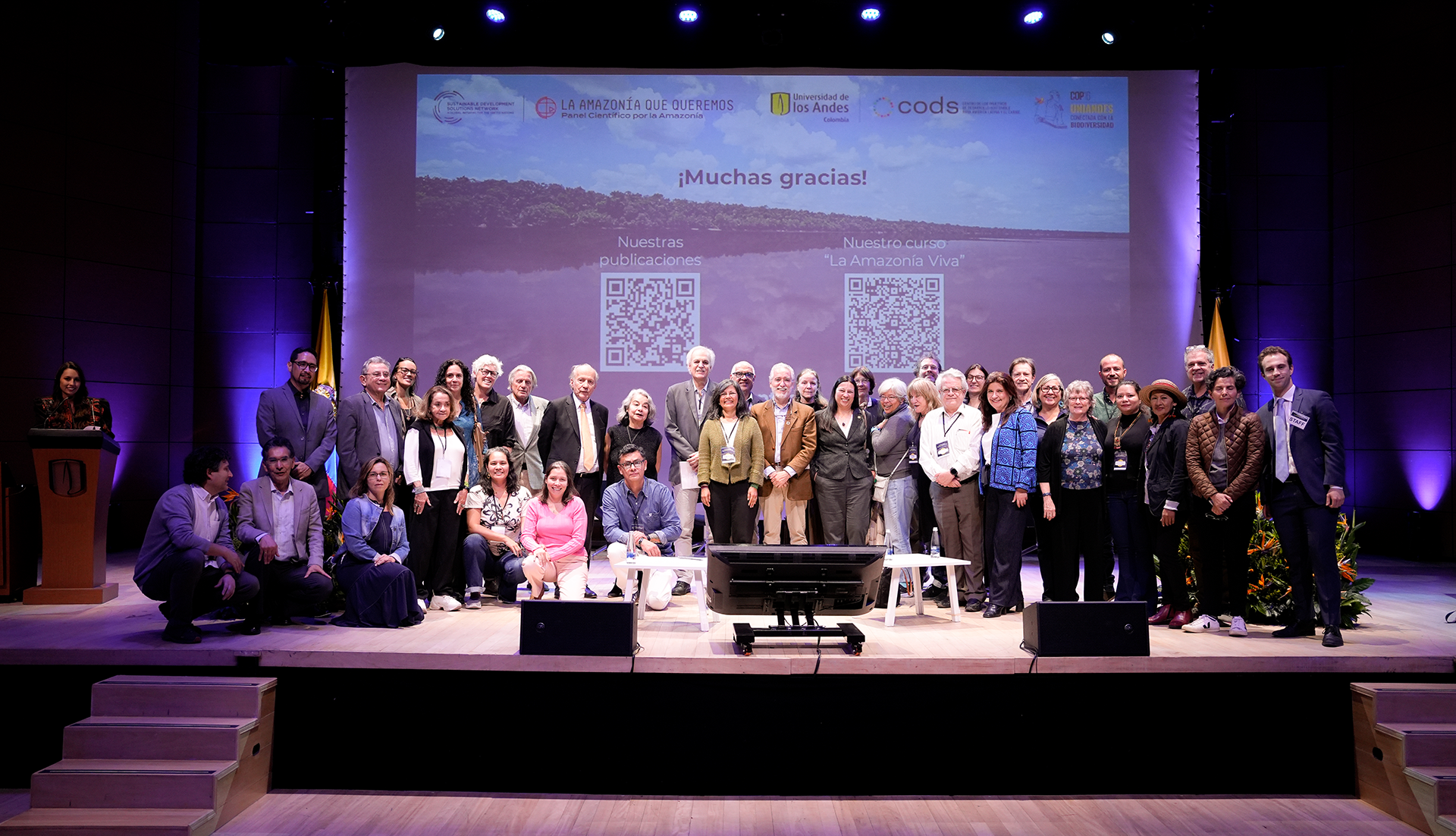


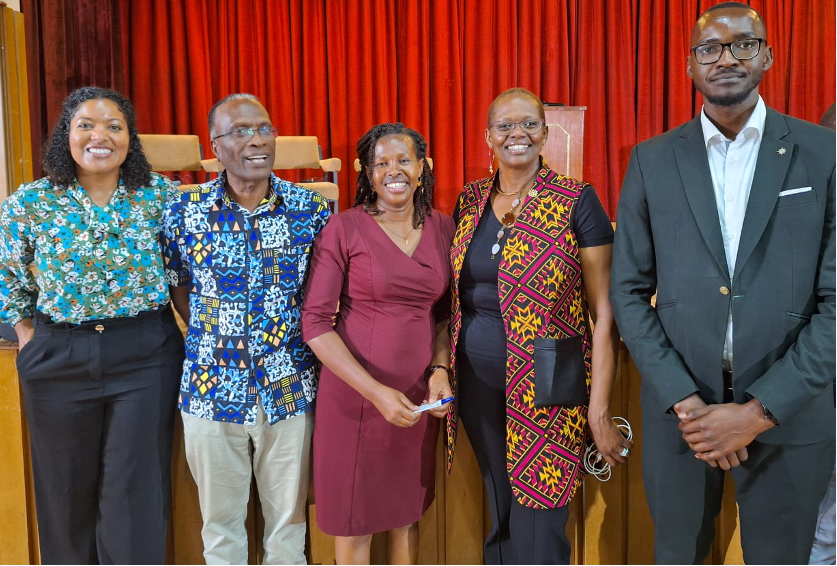
The Net Zero on Campus initiative aims to facilitate the sharing of lessons and resources to accelerate the decarbonization of college and university campuses around the world. The initiative consists of a “how-to” guide and accompanying online toolkit that will enable institutions to accelerate the planning and implementation of net zero strategies, and act as living laboratories for testing solutions.
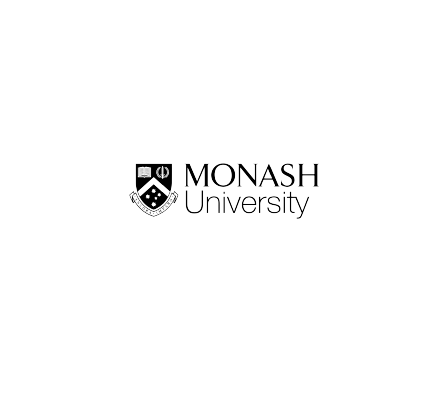
Monash University
City: Melbourne
Country: Australia
Region: Oceania
Campus Area (m2): 1,100,000
Number of Staff: Very Large (greater than 10,000 staff)
Number of Students: Large (between 30,000 to 60,000 students)
Type of Institute: Public

Monash Microgrid
Category: Energy
Initiative: Establish campus microgrids
Type of Net Zero Solution: Physical intervention
Funding Source: Government funding, Australian Renewable Energy Agency (ARENA)
Emissions Scope: Scope 2
Impact on Net Zero: Very large positive impact
Scale: $1 million to $10 million (supported $2.9 million grant through ARENA’s Advancing Renewables Program. Microgrid can provide $22 to $36 milion in gross economic value for Victoria)
Timeframe: Very long (greater than 5 years)
Stakeholders: Government, Sustainability Office
Transformational Potential: Very Significant (a microgrid can theoretically provide numerous benefits to its customers and the electricity network. The Smart Energy City project could assist others in developing the business case for further microgrid applications)
Monash University is committed to reach net zero by 2030. To achieve this, we will be sourcing 100% of our electricity from renewable sources and will eliminate our dependance on coal-fired energy sources.
The Monash microgrid will be a versatile platform to receive and store energy from various renewable energy sources. It will incorporate 20 buildings across the Clayton campus comprising 3.5 MW of demand, 1 MW of Solar photovoltaics, 1 MWh of battery storage, and 2 EV charging stations. We'll be able to control when and how we use our energy, which means we can reduce demand and strain on the network during peak times. It will also help stabilise the wider grid, making it more resilient. This will benefit the broader community, especially during extreme weather events. In partnership with global tech company Indra, Monash is developing a precinct scale microgrid platform as part of the Australian Renewable Energy Agency (ARENA) funded Smart Energy City project. This process is designed to support policy makers, regulators and industry (including organisations interested in establishing their own microgrids) in the accelerated uptake and effective implementation of microgrids.
The Smart Energy City project provides a platform for research into technological, business and customer behavioural features of the deployment and optimisation of distributed energy resources (DERs). Over the course of 2019-2020, Monash and Indra will work with industry, government and consumers through a series of engagement events and roundtables to share insights from the Smart Energy City project and ensure it provides value to relevant stakeholders.
Three framework layers (DER Integration, Active Grid Management and Smart Energy Management) drive the design and deployment of Smart Energy Platforms that are aligned to a microgrid’s capabilities and objectives. The layers represent both incremental phases of platform deployment and the system layers of the deployed platform.
The Smart Energy City project will also explore broader behavioural, economic and engineering issues that impact the entire electricity network. Stakeholders have identified a range of areas which they are seeking further
information on, including:
The Smart Energy City project will see the design, deployment and operation of a microgrid at Monash’s Clayton campus. This will allow for real world challenges to be unearthed, and learnings shared so that the industry can refine this approach and hence reduce costs. There are a number of areas related to the practical operation of the microgrid which stakeholders are interested to better understand:
| Resource | Why is this resource helpful? |
|---|---|
| Smart Energy City Introduction | Details of the Monash microgrid project. |
| Victorian Market Assessment | Details of the Monash microgrid project. |
| Monash Microgrid Website | Includes a toolbox for other universities to use the developed tools in creating their own smart energy campus. |
Net Zero on Campus is a collaboration between SDSN, the Climateworks Centre, and Monash University, in partnership with Second Nature and the EAUC (Secretariat of the Race to Zero for Universities and Colleges).


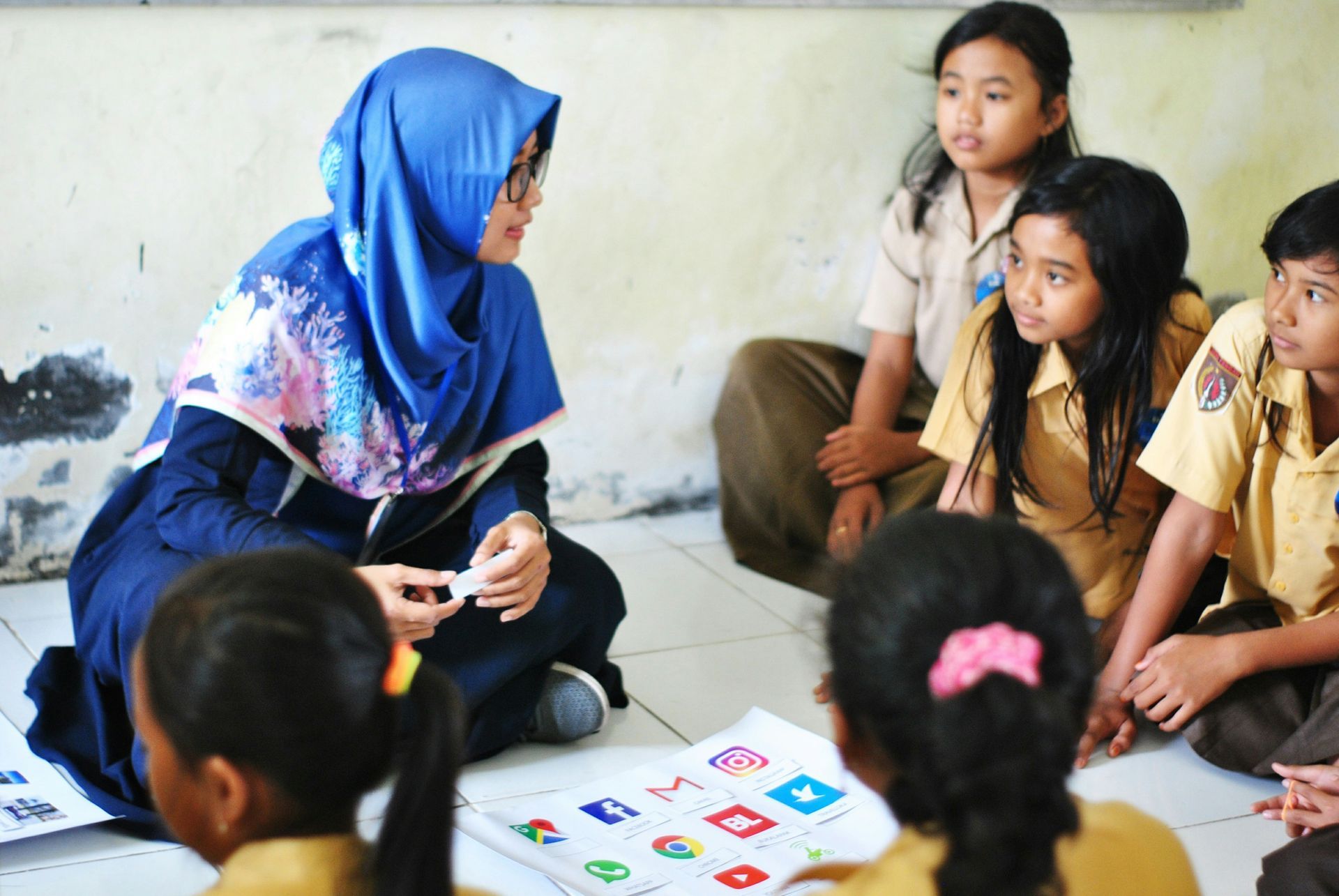


Get our latest insights, opportunities to engage with our networks, and more.
SDSN mobilizes global scientific and technological expertise to promote practical solutions for sustainable development, including the implementation of the Sustainable Development Goals (SDGs) and the Paris Climate Agreement.
Paris
19 rue Bergère
75009 Paris
France
+33 (0) 1 84 86 06 60
New York
475 Riverside Drive
Suite 530
New York NY 10115 USA
+1 (212) 870-3920
Kuala Lumpur
Sunway University
Sunway City Kuala Lumpur
5 Jalan Universiti
Selangor 47500
Malaysia
+60 (3) 7491-8622